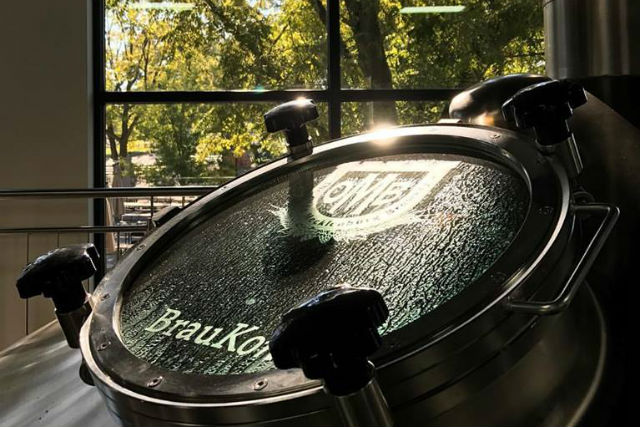
As a start-up brewery nearly a decade ago in North Carolina, The Olde Mecklenburg Brewery had the choice to self distribute their beer or to engage with a wholesale distributor.
When OMB founder John Marrino and his staff looked at the overall situation, they choose self-distribution. Here are five reasons why Marrino and Olde Mecklenburg chooses to self distribute their beer, even as they near 25,000 barrels per year.
- Over the years, the number of distributors has decreased significantly while the number of breweries has multiplied. The result is the average distributor has about 980 beer SKUs in its portfolio. We feel, as a start-up (and even if we were a small established brand), we would be lost in such portfolios. We believe our own dedicated sales and distribution force, with only one brand to sell (OMB), is more effective in attaining the market penetration we need to be successful – especially because we only sell in the Charlotte region.
- Most of the distributors in a given geography are aligned with one of the big four brewing conglomerates. The top 4 brewing concerns (AB In-Bev, MillerCoors, Constellation & Heineken USA) control about 88 percent of the US beer market. It is naïve to think that a small start-up brewery can compete toe-to-toe inside these portfolios with such large brands. The distribution tier is not truly “independent” as was intended when the three-tier system was created more than 80 years ago. Today, most distributors are effectively “dependent” on one of the big four brewing multinationals.
- We feel the above “dependence” is further exacerbated by “Stealth Craft.” The top 4 brewing concerns buy regional craft breweries, push them into distributor portfolios and then use their influence to have the distributors focus on their brands instead of the local brands in the portfolio. Most consumers do not know these Stealth Craft brands are owned by the top 4 brewing companies. By fooling the consumer into thinking these brands are small and craft, the big 4 can compete more effectively against local start-up breweries.
- As in all industries, wholesalers add value to manufacturers by enabling them to sell in far off markets cost-effectively. However, OMB always intends to be a local brewery, only distributing within a narrow geographic region (about a 50-mile radius of Charlotte). Due to the proximity of OMB’s distribution territory and our brewery, it makes more economic sense for OMB to self-distribute than sign with a wholesale distributor, which would require a reduction in gross margin of ca. 25%.
- Due to North Carolina franchise laws, when you sign with a distributor, you effectively award them exclusivity in their distribution region, as well as ownership of the brand rights. Regardless of performance, you cannot fire them unless they agree to sell you back your brand rights. We feel that this is too great a risk when coupled with the above points, especially for a start-up brewery without a fully established brand.


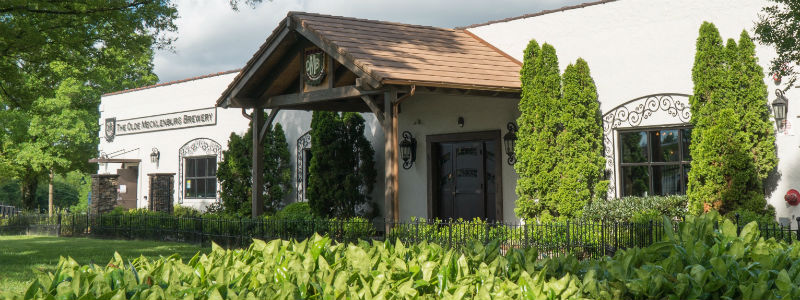
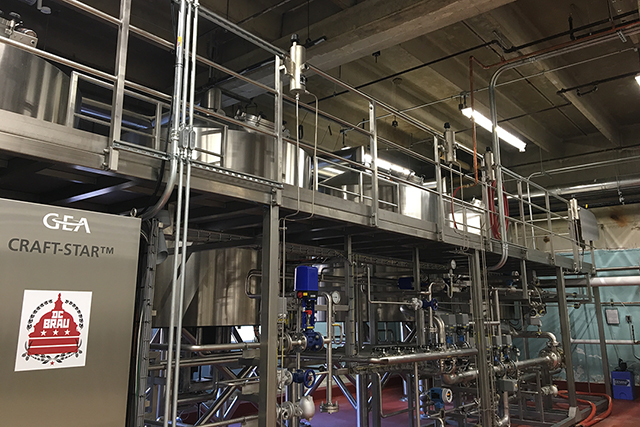
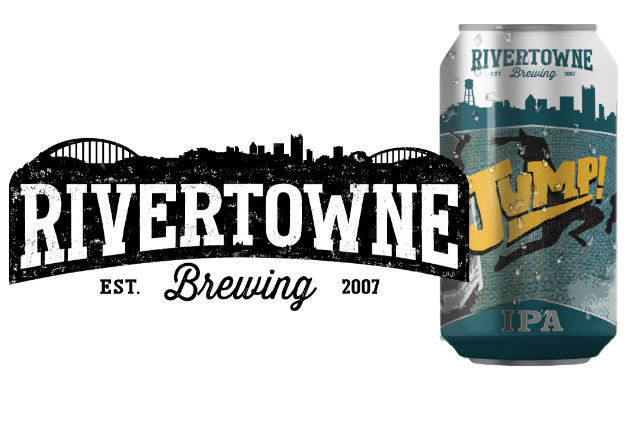
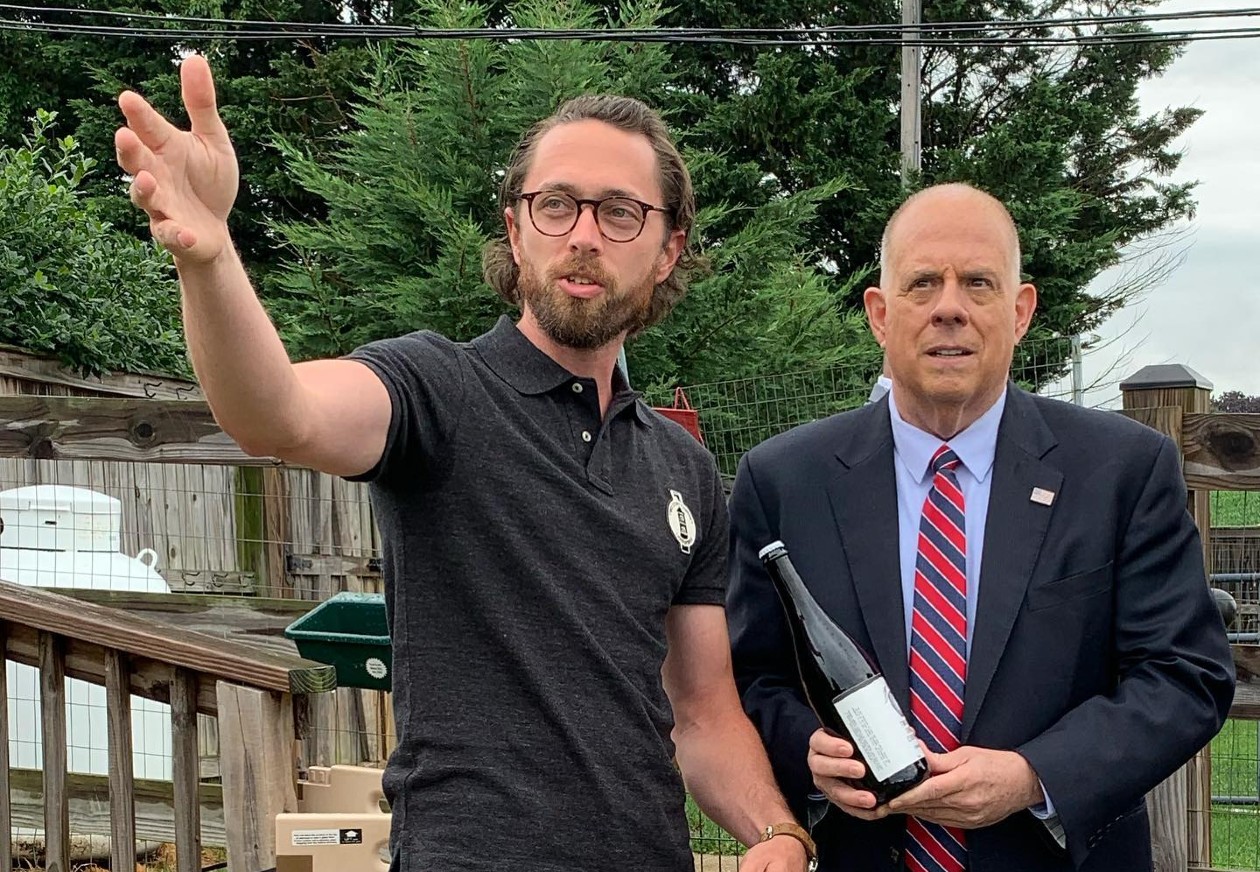
Be the first to comment